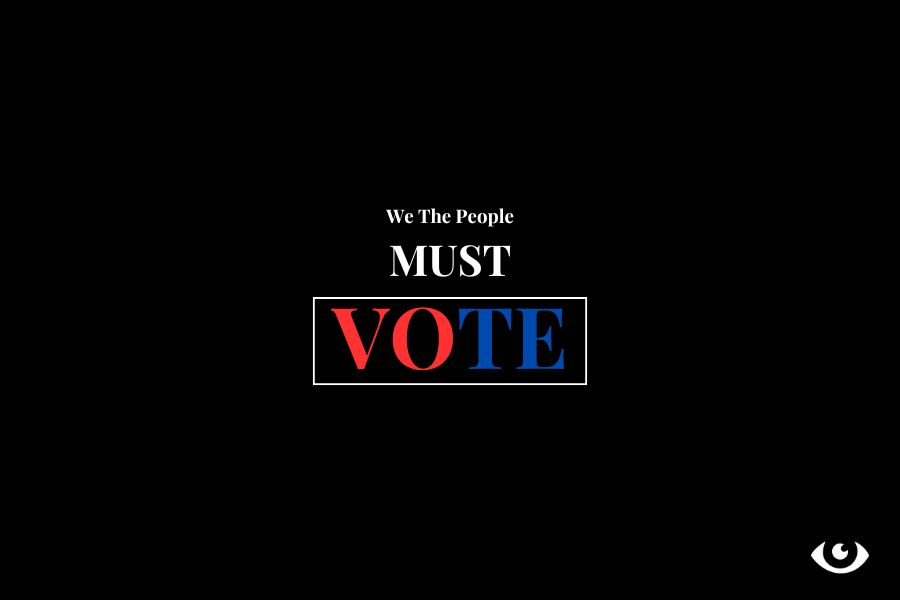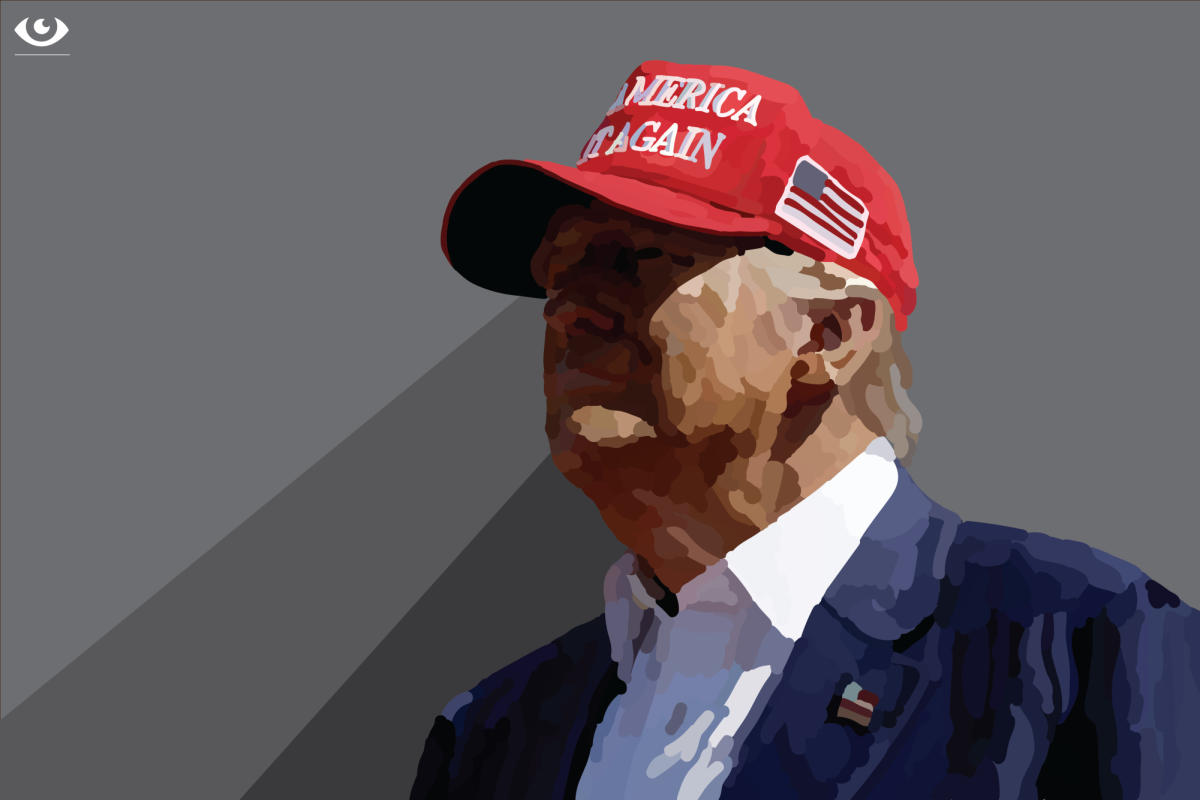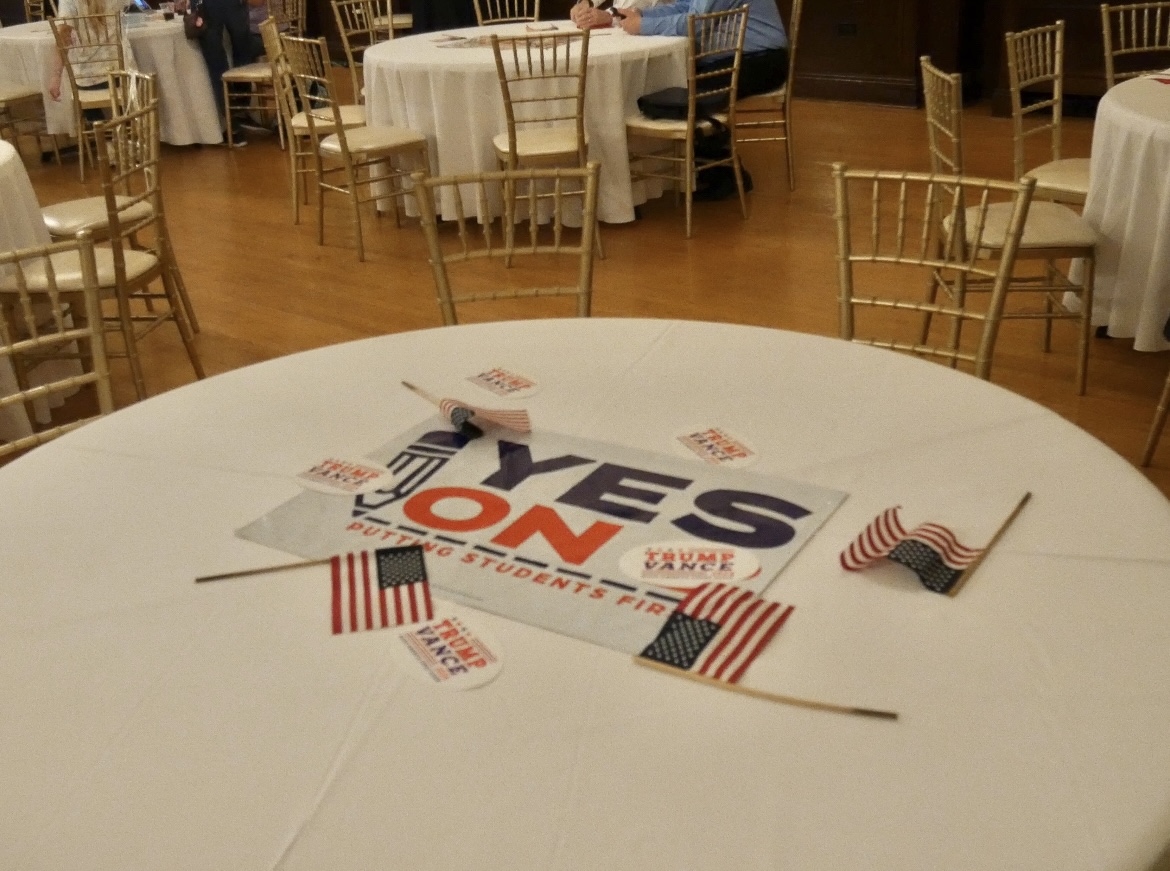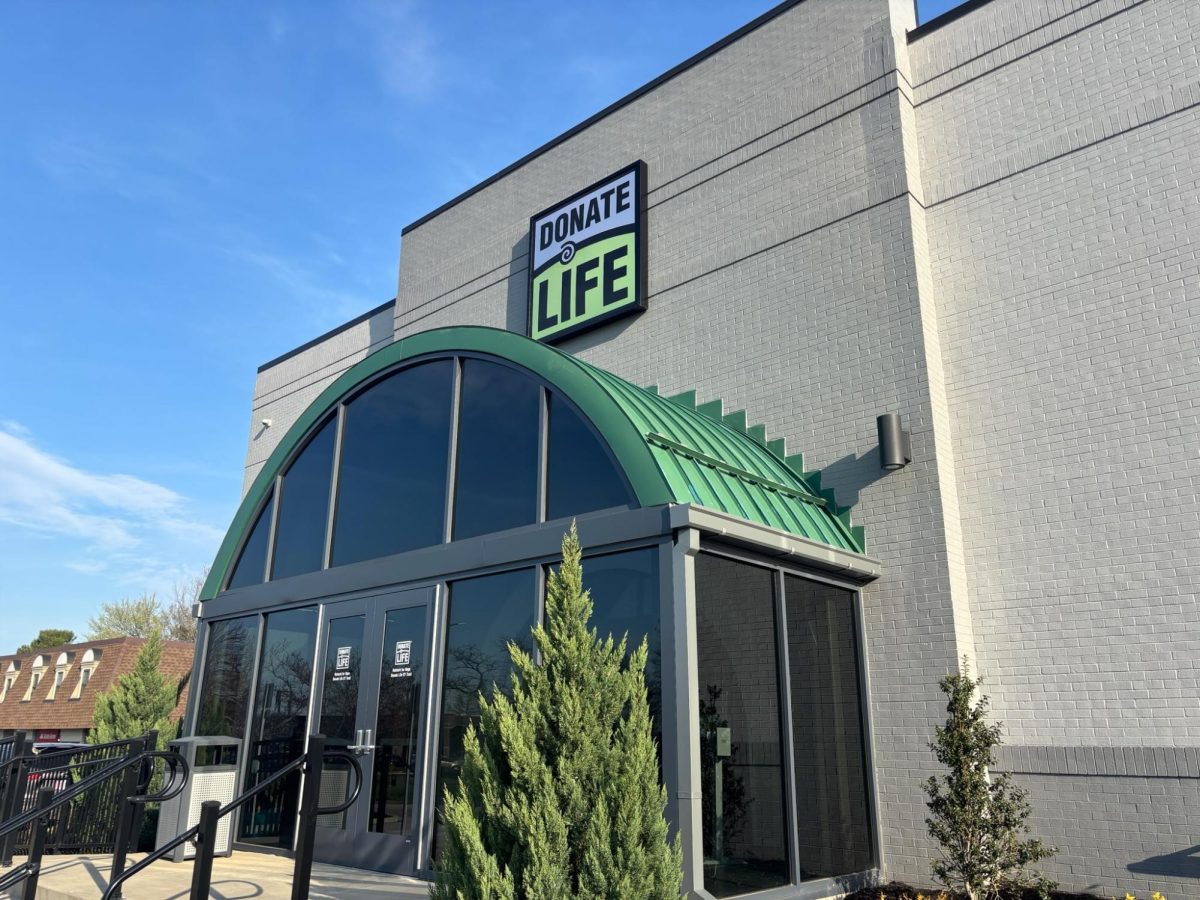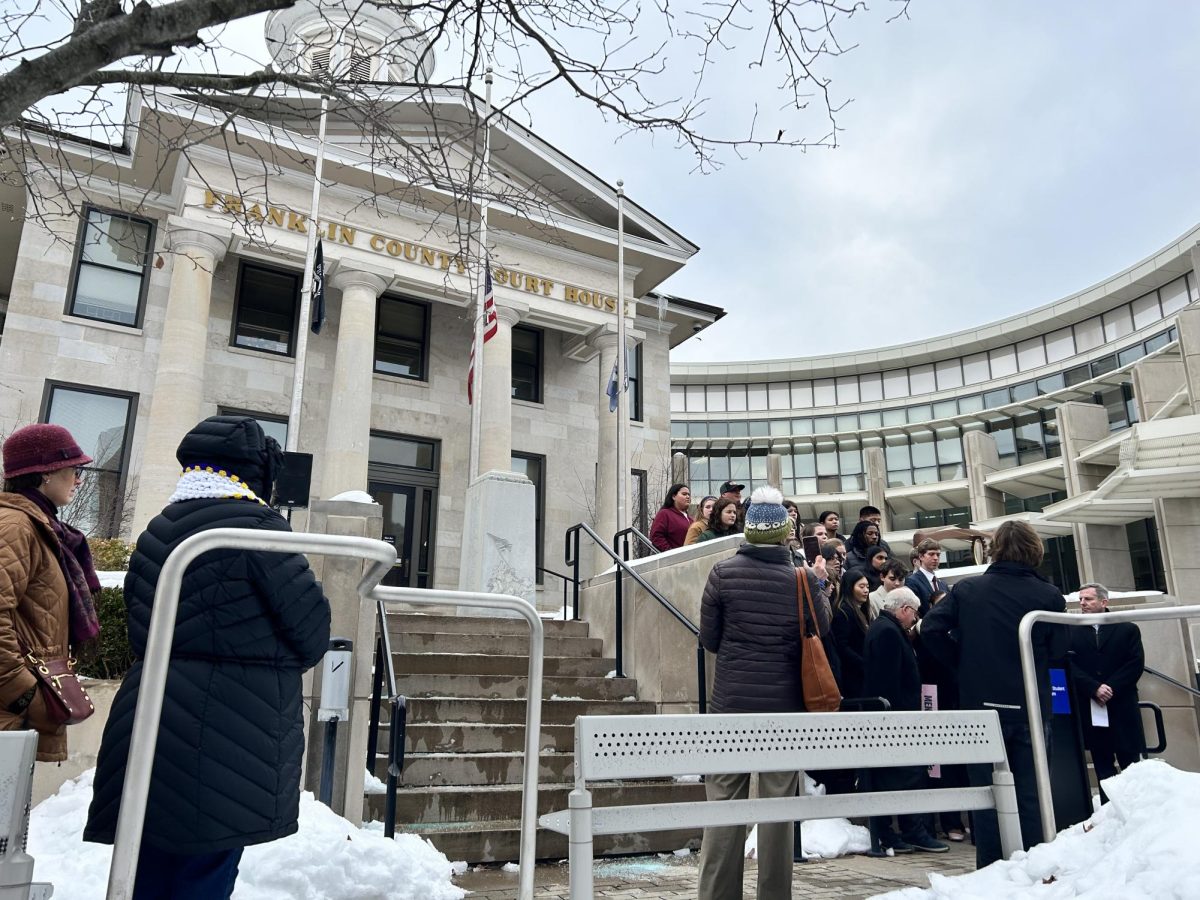The 2024 General Election is coming up on Nov. 5, 2024. The deadline to register for the General Election in Kentucky is Oct. 7, 2024, at no later than 4 p.m. local time.
In order to be eligible to register to vote, one must have resided in Kentucky for at least 28 days prior to the election. Voters must also be 18 years of age by the day of the General Election. This means that a 17-year-old is allowed to register to vote as long as they will be 18 on or by election day.
How to register
Eligible Kentuckians can register to vote online, or by submitting a voter registration card through mail or in-person. The online voter registration form, found here, can also be used to update voter registration information online. To register to vote on paper, voter registration cards can be found and completed at the County Clerk’s Office.
Voter registration cards can also be filled out online and printed out. For paper cards, once filled out, they can be mailed to the State Board of Elections in Frankfort, or to the County Clerk. Voters who submit their registration card, either online or on paper, should receive a mailed acknowledgment card verifying their registration within two to three weeks of submitting registration information, or a mailed notice of an issue with their information.
Voters can also verify their registration status by checking their information with the State Board of Elections’ Voter Information Center.
November election relevance and nominees
As the Presidential election approaches, issues such as abortion, diversity, crime and immigration have been at the forefront of national debate. The Democratic and Republican nominees are Vice President Kamala Harris and former President Donald Trump, respectively. After increasing concerns from party leaders regarding his age, President Joe Biden announced he was dropping out of the race on July 21.
After swiftly gaining an endorsement from Biden, Harris gained enough delegate votes to become the Democratic party’s nominee. Harris officially accepted her nomination last Thursday at the Democratic National Convention. With the first Presidential debate between Harris and Trump approaching on Sept. 10, polls show an incredibly close race. NPR reported that while Harris is gaining momentum in swing states, Trump is maintaining a 2-point lead in Georgia.
Reproductive rights have been a relevant issue in election discourse. Harris’ stance is in favor of federal abortion protections. Trump on the other hand stands behind the overturning of Roe v. Wade and individual state decisions regarding abortion.
Harris backed a bi-partisan immigration bill that would let more asylum seekers into the country, while allowing for the President to limit entry numbers. Trump, on the other hand, wants to crack down on issues such as asylum fraud. He has also proposed allowing the National Guard and local law enforcement to have a larger role in border security.
On issues such as crime and the justice system, Trump has a more tough-on-crime approach compared to Harris’s progressive view on crime as a former public prosecutor. Harris favors police reform and legislation to curb gun violence, while Trump wants harsher responses to crime.
There are three main third-party candidates running in the Presidential election. Jill Stein, a doctor and environmental health activist, is seeking the Green Party’s nomination for the third time. Stein previously ran in the 2012 and 2016 Presidential elections. Cornel West, a professor who has taught at universities such as Harvard, Yale and Princeton, as well as being a civil rights political activist, is running as an independent. Finally, Chase Oliver is a left-leaning activist who is the Libertarian Party’s nominee.
On the Kentucky ballot
In Kentucky, each of the six Congressional districts will be voting for their representative in the US House of Representatives. In District 3, which encompasses Louisville, incumbent Democrat Morgan McGarvey is running against Republican candidate Mike Craven. There will also be Kentucky State Senate and House elections, as well as local elections. Click here for a full list of candidates.
In Kentucky, a proposed constitutional amendment regarding school funding will be on the ballot. Voters in the Commonwealth will have to choose between “Yes” and “No” on Amendment 2. If the majority of voters pick yes, the state Constitution will be amended to allow the General Assembly to distribute funds to help students attend private schools.
To continue learning more about voter registration rules and instructions, visit vote.org or vote.gov for further information.




